
3641. Feminism is not about fairness
Regan reflects on a conversation with a men's rights activist, discussing the complexities of gender equality and the implications of patriarchal values in society.
your daily dose of economic commentary

Regan reflects on a conversation with a men's rights activist, discussing the complexities of gender equality and the implications of patriarchal values in society.

Jon Hartley discusses Steve Davis's research on job flows, economic policy uncertainty, and the impact of remote work on the economy.

Claudia Sahm discusses the current state of the U.S. labor market, its implications for Federal Reserve policy, and the challenges of interpreting economic data.

Jon Hartley discusses Bob Litterman's insights on quantitative investing, liquidity crises, and climate policy, highlighting his career and advocacy for carbon taxes.
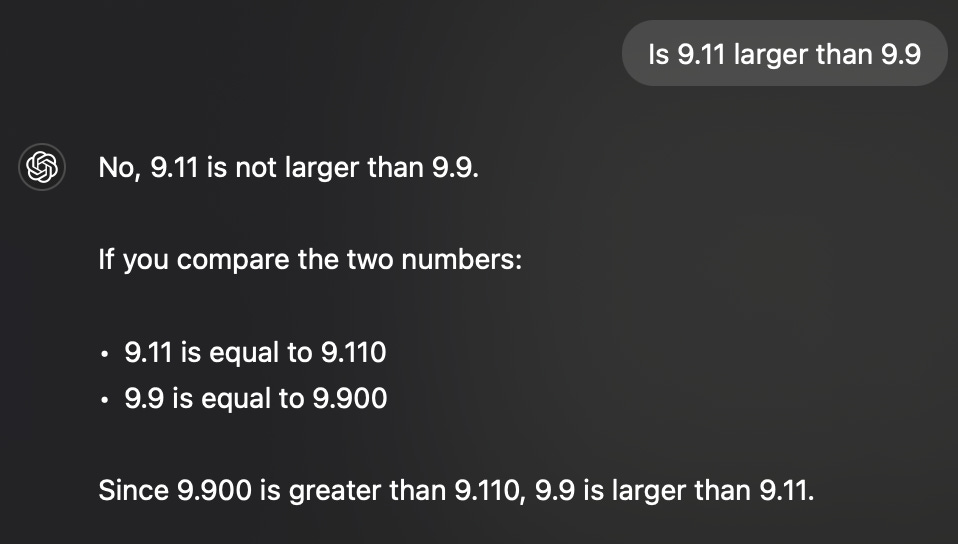
Joshua Gans discusses the challenges of generalizing LLM performance and the implications for AI adoption based on a recent paper's findings.

Jon Hartley discusses Greg Mankiw's insights on New Keynesian economics, growth, and his experiences in economic policy during the podcast episode.

Claudia Sahm discusses the upcoming Jackson Hole Economic Symposium and the implications of Fed Chair Jay Powell's monetary policy remarks on interest rates and economic uncertainty.
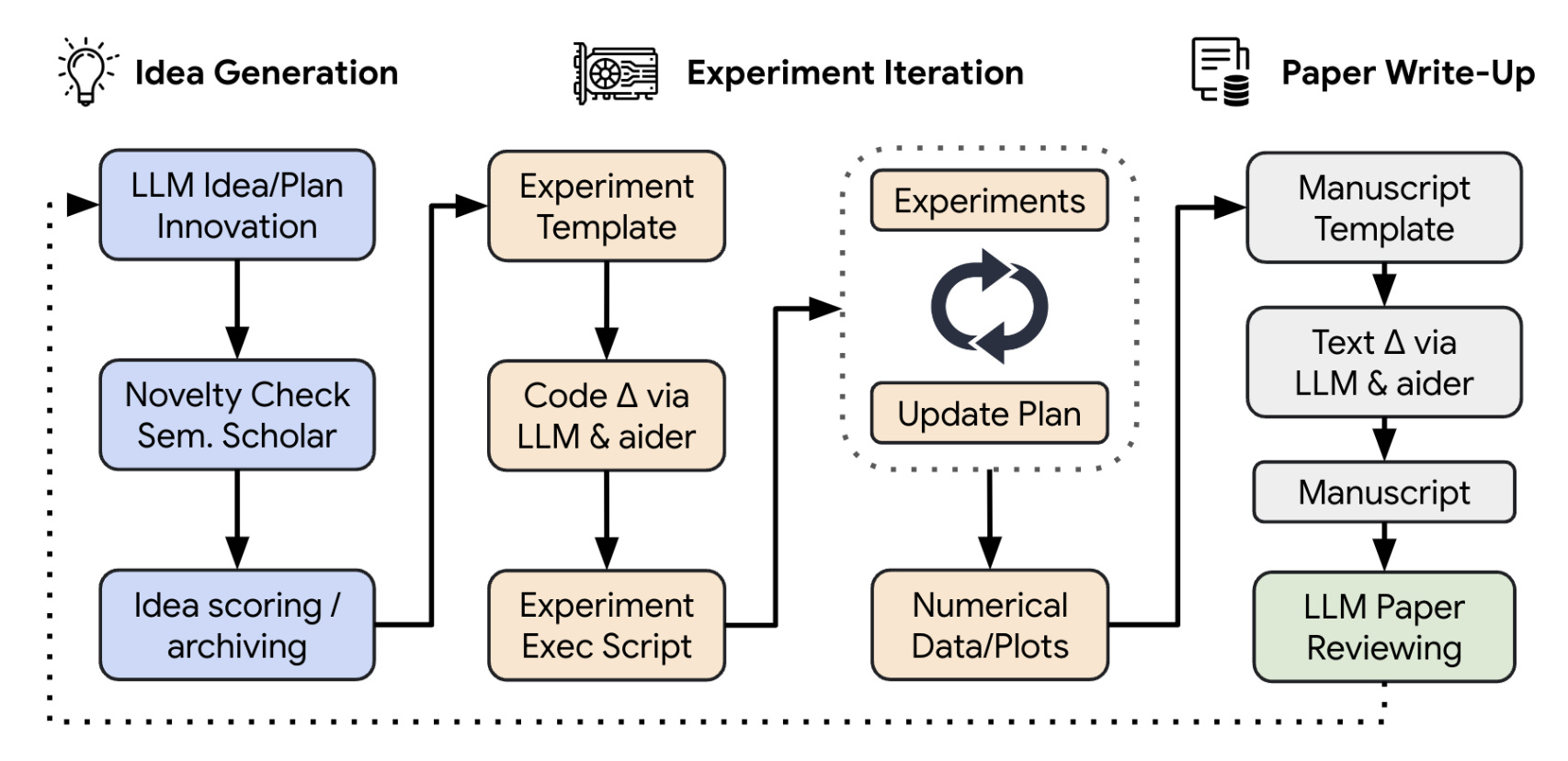
Joshua Gans discusses the implications of AI in scientific research, particularly how it may disrupt traditional academic practices and the role of human scientists.

Nick HK discusses how large language models function as data-based predictive models and the statistical nature of their errors, emphasizing their limitations in providing accurate information.

Regan discusses the factors influencing fertility rates, particularly the role of social norms and childlessness in the developed world.

An argument that climate change will increase inflation volatility, challenging central banks' ability to stabilize prices, necessitating changes in their inflation targeting strategies.
Ed Dolan discusses how modern political philosophy can utilize data to improve government effectiveness and democracy through various quality-of-government measures.

Melanie Mitchell discusses the ARC-AGI challenge, its significance in AI development, and the new $1 million prize aimed at advancing AI reasoning capabilities.

Jon Hartley discusses Daron Acemoglu's insights on institutions, economic growth, and artificial intelligence, highlighting Acemoglu's influential career and personal background.
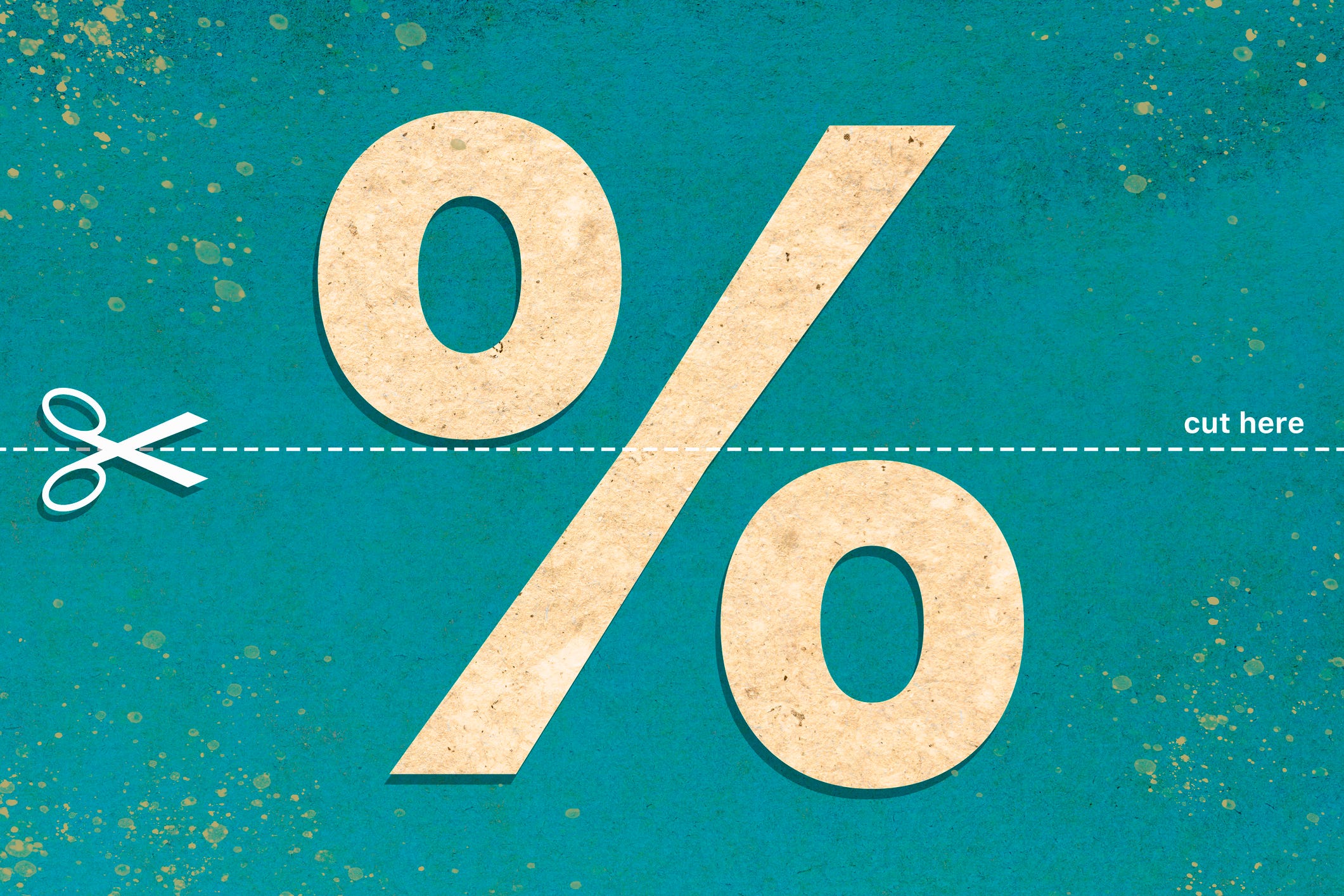
Claudia Sahm discusses the Federal Reserve's potential interest rate cut, emphasizing the justification based on inflation data and economic conditions.

Regan discusses the moral double standard surrounding statutory rape, emphasizing the need for empathy towards male victims and the complexities of their experiences.
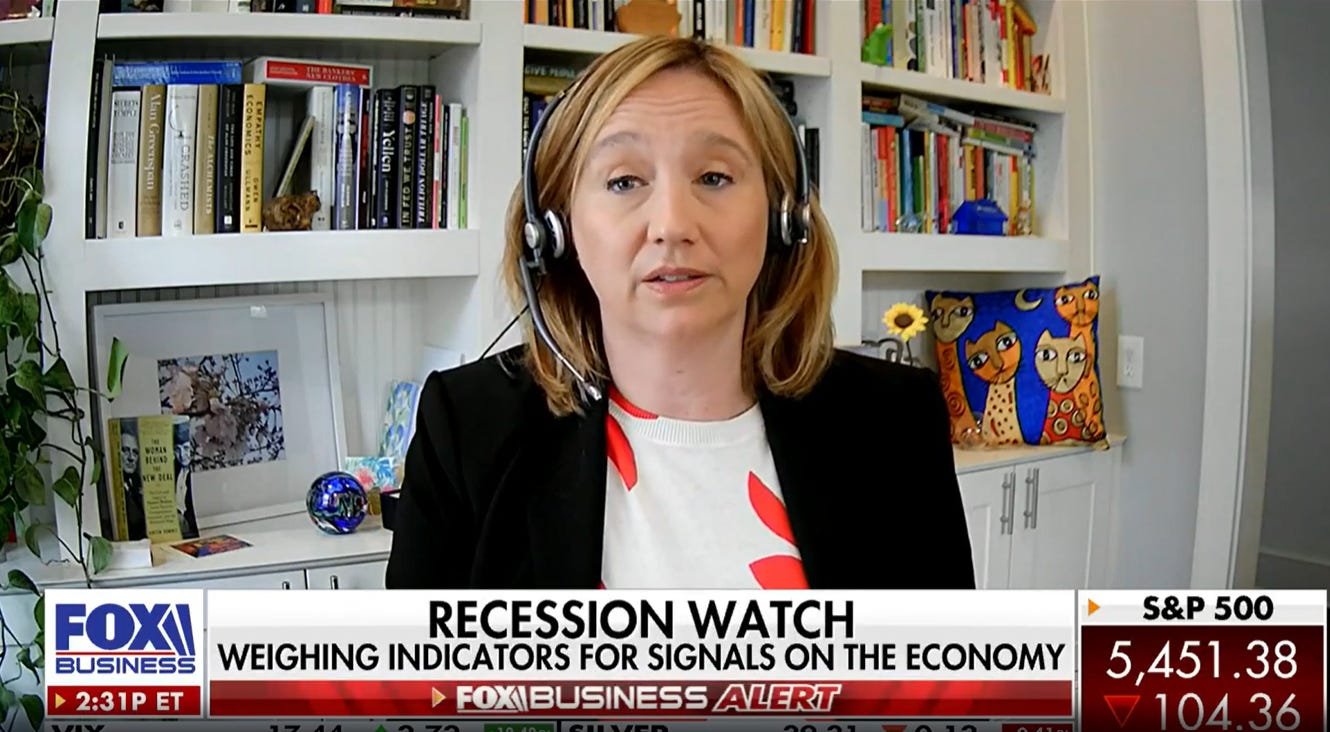
Claudia Sahm analyzes the Sahm rule and its implications for the labor market and potential recession, emphasizing unusual pandemic-related shifts affecting economic indicators.

Joshua Gans discusses Steve Jobs's insights on computers and parallels them with current challenges in understanding artificial intelligence.
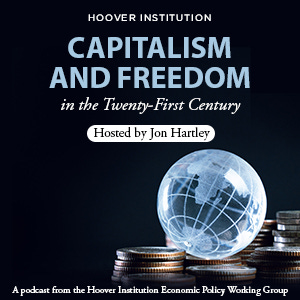
Jon Hartley announces the podcast's affiliation with the Hoover Institution and discusses macroeconomic topics with John Cochrane, emphasizing economic policy and growth.

No content available to analyze.